Last week, I showed you why your refrigerator is one of the best tools in the kitchen when it comes to saving money and preserving food at its tastiest. But did you know your freezer is another underutilized ally in the cooking game?
Chances are, you've been using your freezer completely wrong your entire life. Using it mainly for storing vodka, ice cubes, and frozen desserts is a total waste of its true power. So stop chucking leftovers in the trash when you could be freezing those foodstuffs for later use.
How Your Freezer Preserves Food
Food breaks down over time, thanks to microorganisms and bacteria, unless some kind of preservative is added. A refrigerator slows down the process of decay by cooling the environment to the point where bacteria reproduces very slowly.
At even lower temperatures (aka your freezer), the bacteria is further slowed (although not killed, as some would think), extending the life of food for months, or even up to a year, all without the addition of chemical preservatives.

Actually, a fridge and freezer are the exact same appliance. The only real difference is that refrigerant moves through the freezer more rapidly. As far as settings, the FDA recommends keeping your refrigerator temperature at or below 40°F (4°C), while setting the freezer at 0°F (-18°C). Anything colder than 0°F and you'll have freezer frost to deal with.

Use Your Grocery Store as a Guide
If your supermarket has certain items in the freezer aisle, generally that means you can freeze them, too. That means most fruits, baked goods, meats, poultry, fish, and vegetables can go in your freezer.
Pro Tip: Stuff That Sucker Up
The more stuff you have in your freezer, the less energy it has to use to keep things cold—all the more reason to make sure you utilize that space well!

If you find you have extra room, put ice cubes in plastic bags and pack them in the nooks and crannies. That also comes in handy if there's ever a power outage in your place—that extra ice will keep things cool until the energy's back on.
How to Store Food in the Freezer
Most items do need some prep before they go into deep freeze. For example, be sure to wash and cut up fruit beforehand. Also, blanching vegetables before you put them in storage bags helps them retain their integrity and flavor.

To be honest, I'm a lazy bastard and often shove extra corn and green beans from the farmer's market straight into plastic bags and into the freezer. They've lasted months, although not as long as they would have if I'd taken the time to actually blanch them.
Light, air, and water all contribute to decay. So, in general, the more air- and water-tight a container, the better off your food will be. Let cakes and breads cool completely before freezing them, as well as roasted meat, fowl, and fish.
Cutting stuff up into smaller portions and clearly labeling what it is and what date you put it in the freezer will be enormously helpful when you need to defrost something for dinner later. And wrap items well! Don't be afraid to layer and use parchment paper, plastic or cloth bags, and foil in various combinations.
Yes, (Some) Dairy Items Can Be Frozen
High-fat content items like butter freeze like a dream. Eggs, raw or cooked, can also be frozen. If you're freezing them raw, don't leave them in the shell—they will just crack. Use ice cube trays to hold each egg. You can also freeze separated egg whites and yolks if you have any leftover from baking. Just be sure to label how many egg whites and yolks are in each container.
Low-moisture types of cheese like Parmesan can be frozen. Most types of cheese that can be shredded do well in the freezer. Very creamy or soft cheeses, like Brie or Camembert, should not be frozen.
Yogurt, sour cream, milk, and cream cheese can be frozen, but you're better off using those items as part of a recipe rather than eating them once you unfreeze them.
Remember that liquids expand in the freezer! Pour off a cup of milk or put the liquid in a very large container.
Another tip—when cooking with once-frozen dairy products, be sure to shake the item well (if liquid) and apply heat gradually to discourage separation.
Surprise! These Guys Can Go into the Cold, Too
Fresh herbs can be frozen, although you have to prepare them properly. Dice them fine and pack them into ice cube trays with a little water or oil on top and you'll have little herb ice cubes that cook wonderfully well.
Beef, chicken, and vegetable stock all freeze well, too. Try portioning them out in ice cube trays so you can crack out a few cubes to cook with a little at a time.
You can also freeze minced garlic and minced green onions. Pie, pizza, and bread dough are freezable too, along with most batters, if you find you need to put that bowl of waffles on ice for a while. Then there's cooked rice and pasta, especially if you make a point of cooking them so they're al dente rather than fully cooked and letting them cool completely before putting them in the freezer.
Soups, sauces, and marinades can also go in the freezer. And if you've got limited cupboard space, store some baking items in the freezer. Nuts, chocolate chips, and flours of all kinds do well in the freezer and will last longer, too.
Pro Tip: Save Your Scraps for Stock
Jacques Pepin, French chef extraordinaire, recommends keeping an empty milk carton or plastic bag in the freezer. In this container, he regularly throws onion and carrot peelings, celery stalks, poultry bones, herbs, etc. that might otherwise go in the trash. Once he has at least a pound or two of this matter, he thaws it out and makes his own homemade stock.
I've done the same ever since I learned this tip and it is invaluable. It saves money and creates less waste. Plus, homemade stock is astonishingly easy to make, tastes much better than anything you can buy in the market, and literally costs pennies.
Warning: Do Not Freeze These
While most fresh produce does well in the freezer, certain items become inedible after some time in the freezer. A good rule of thumb is to avoid freezing very watery fruits and vegetables, like cucumbers, citrus, melon of all types, and apples. They'll be mushy and tasteless once they thaw.
How Long Will Foods Last in the Freezer?
Most of the food you freeze will last for at least a year, including fresh meat and poultry. However, cooked meat won't last as long. Most dairy products are more delicate and should be used within two or three months at most. Below is the general guidelines that the FDA recommends for refrigeration and freezing common items.

Try to consume most of what you freeze within six months for optimum taste. In general, avoid letting a thick layer of ice build up over your frozen foods. If something has so much ice encrusted over it that you can't tell what it is (what my cheap friend used to call "the protective ice shield"), chances are that it has freezer burn and needs to be thrown out.
Freezer image via Stevendepolo/Flickr, Frost via Dan4th/Flickr, Milk via Johngreyturner/Flickr, Frozen veggies via Shutterstock, Ice cube tray eggs via Thy Hand Hath Provided, Herbs in tray via Faith Durand/The Kitchn, Frozen flour via Salt and Serenity, Stock veggies via Comfortably Domestic, Frozen cucumber via IPT, Cat butt magnet via Imgur











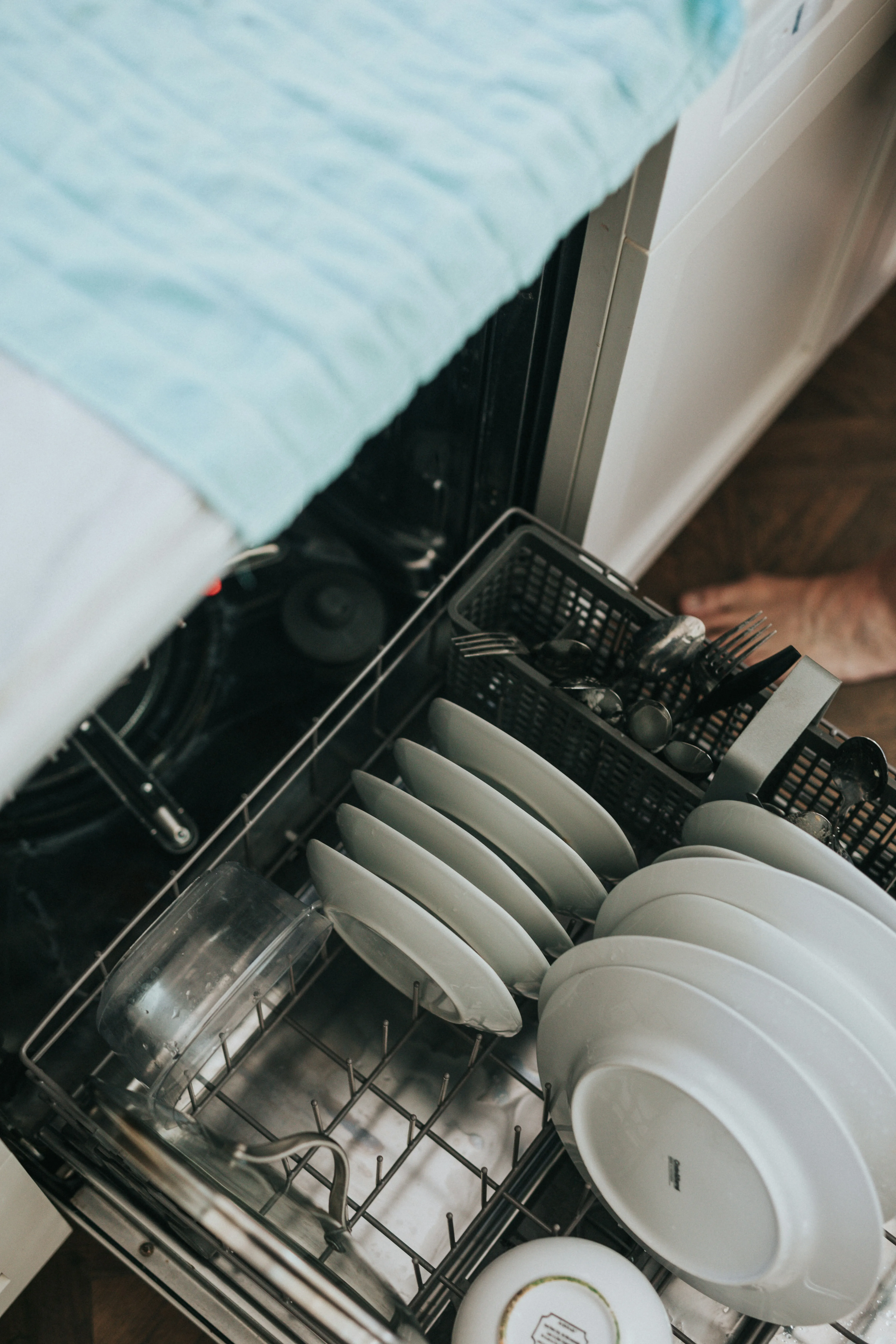
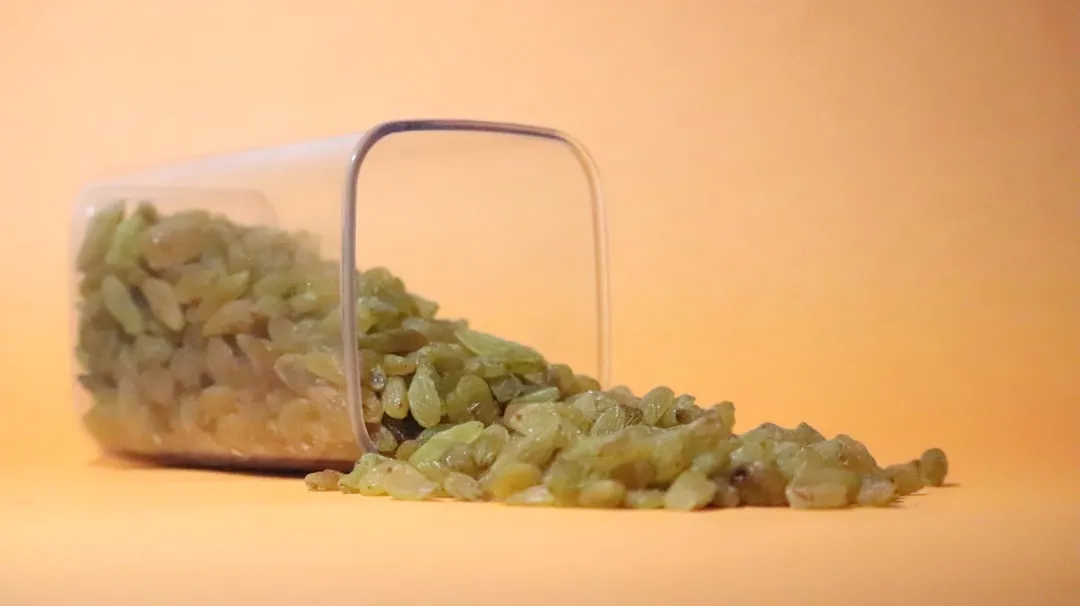
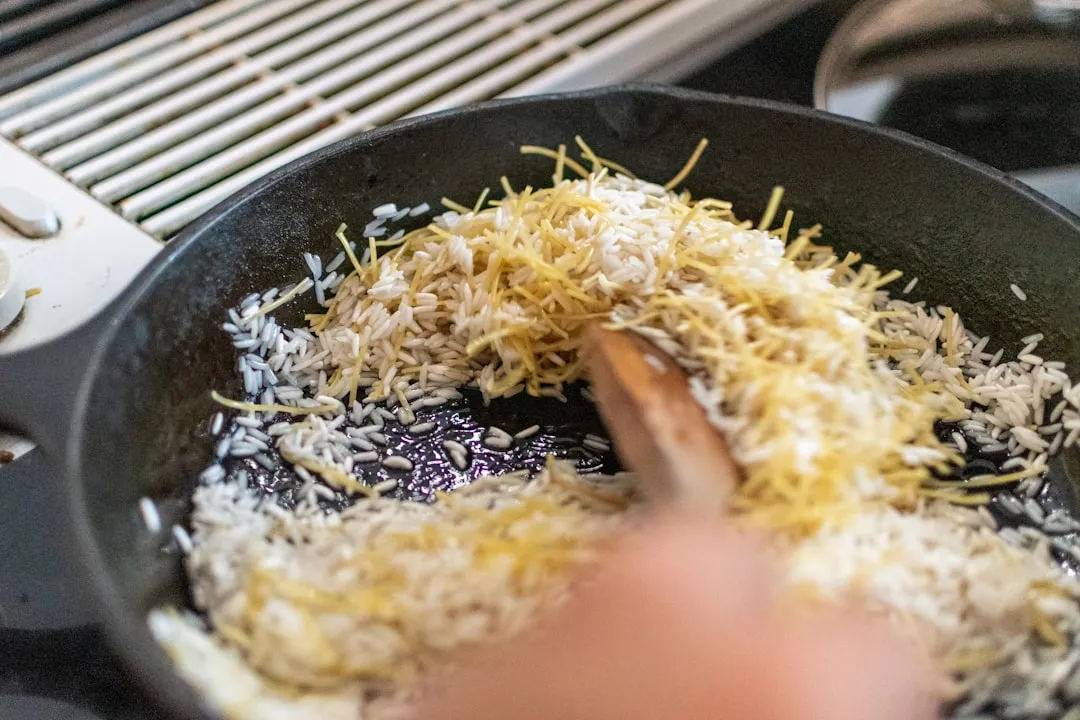
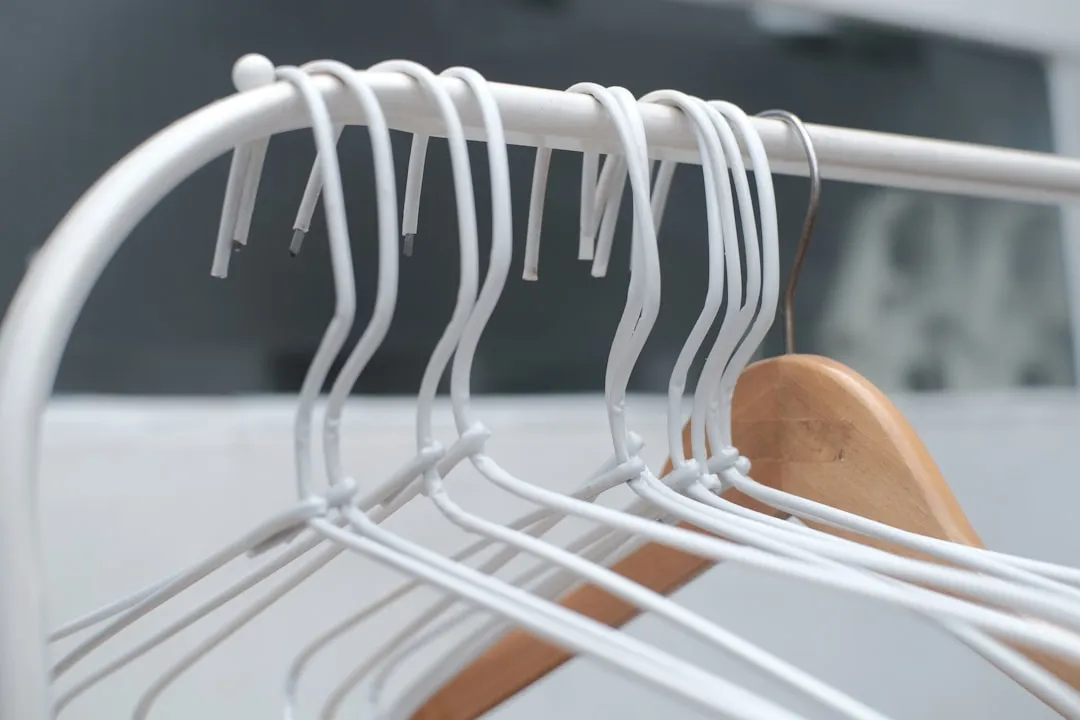
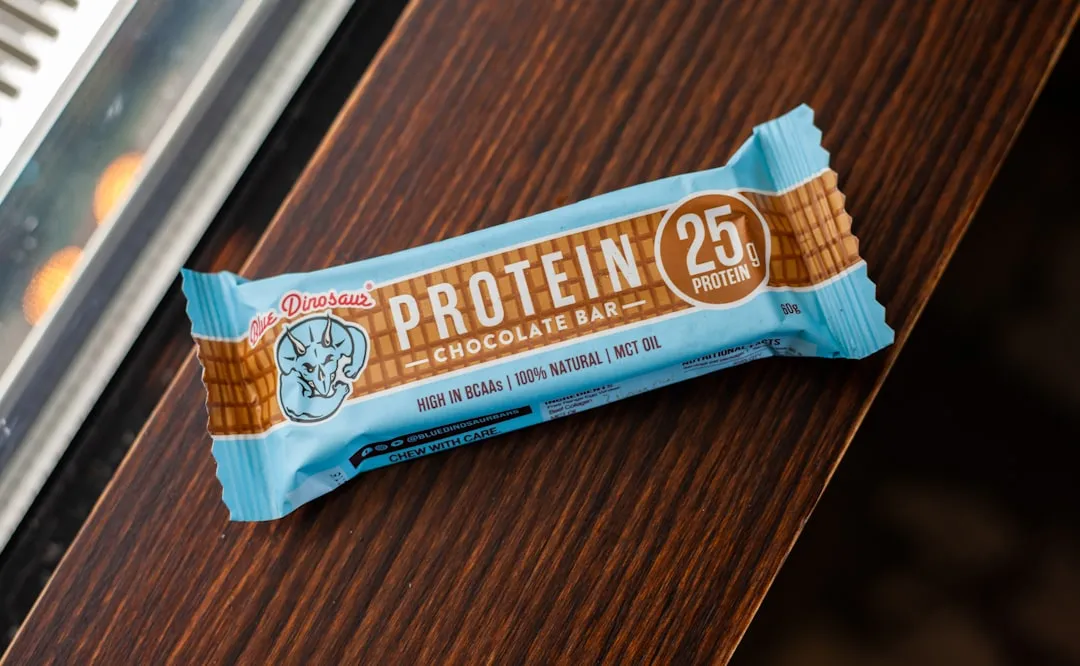
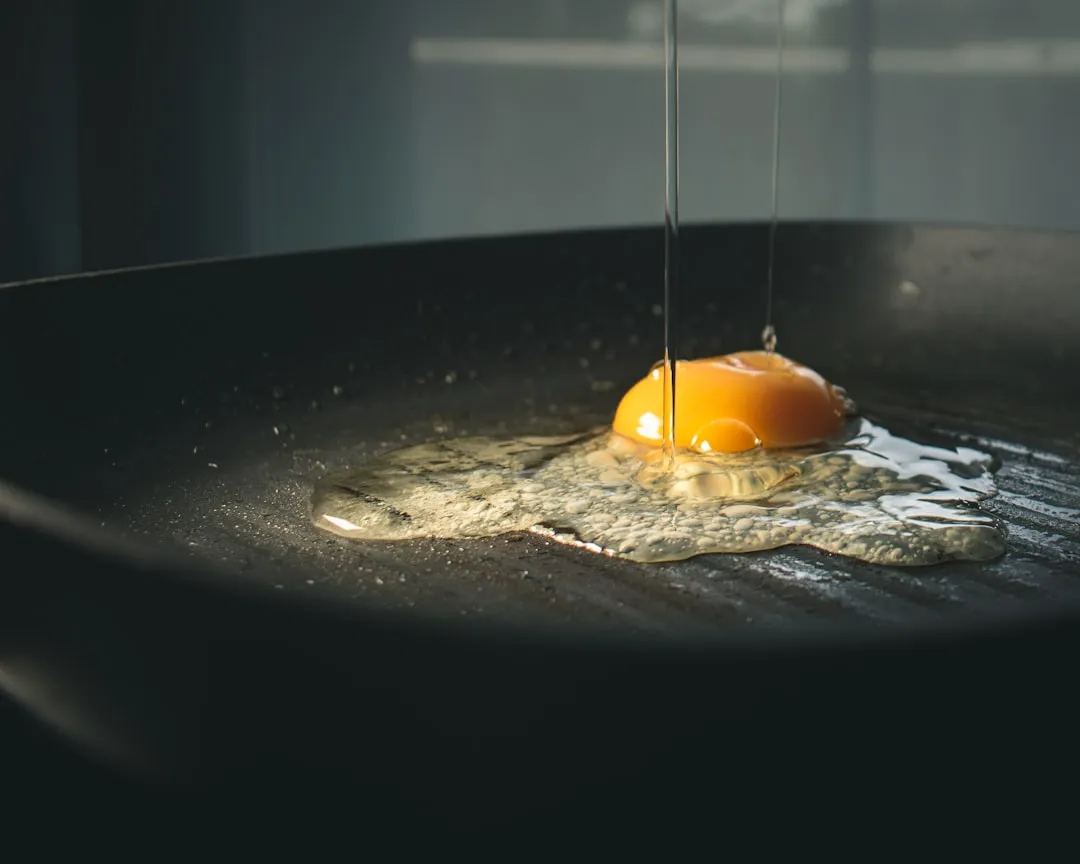
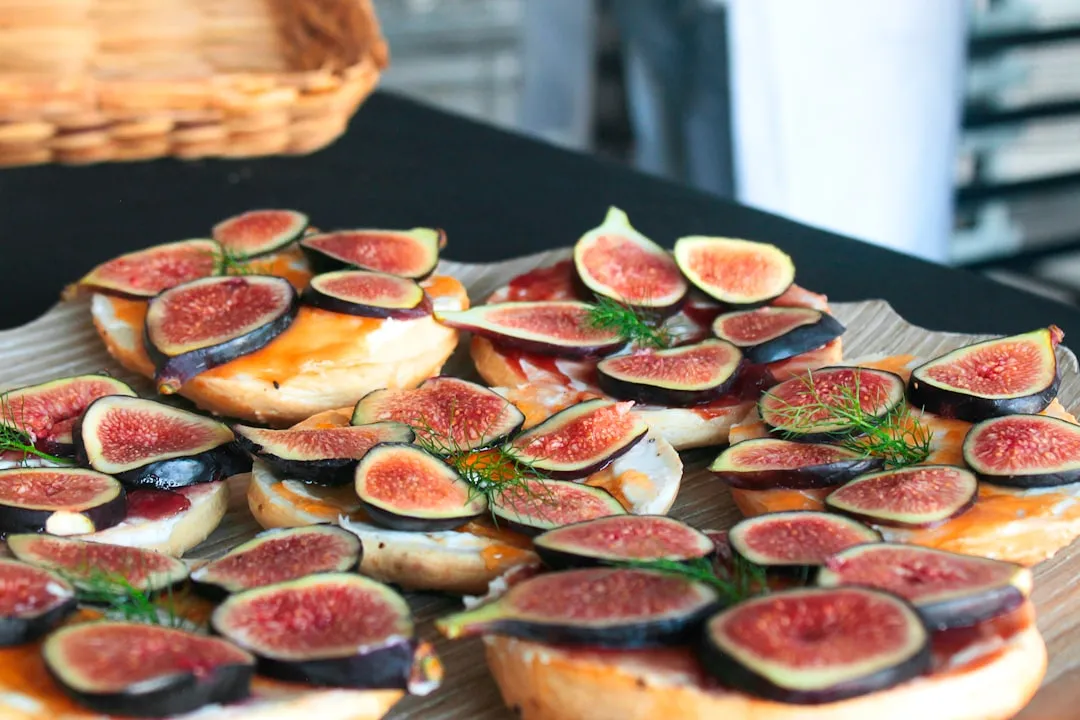

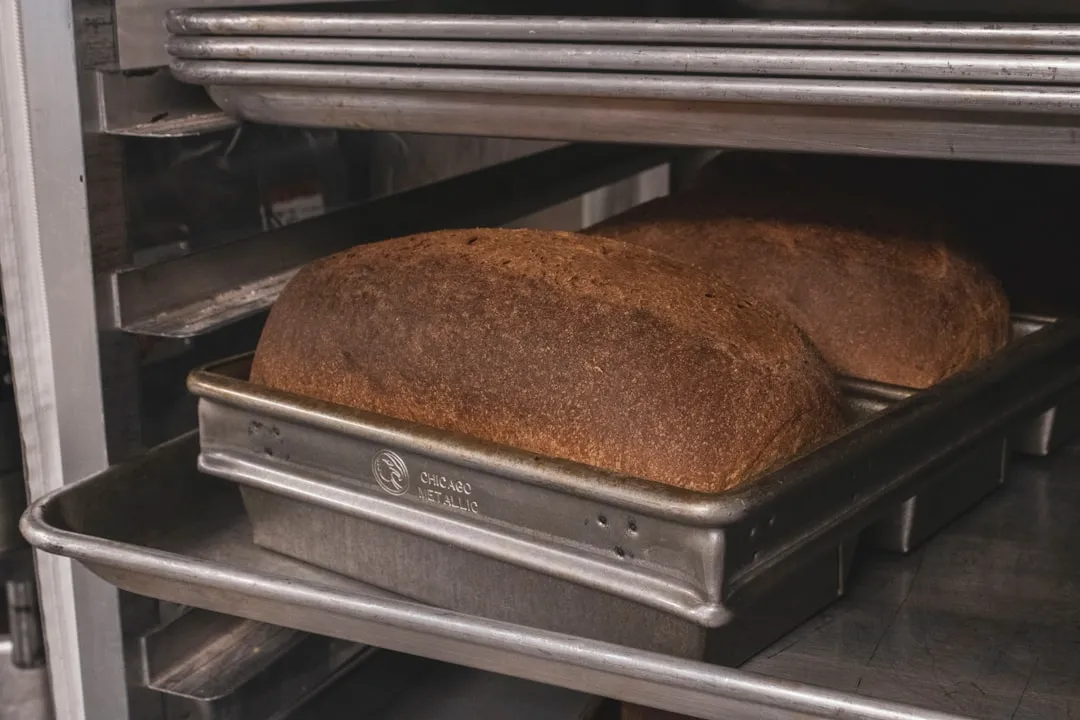
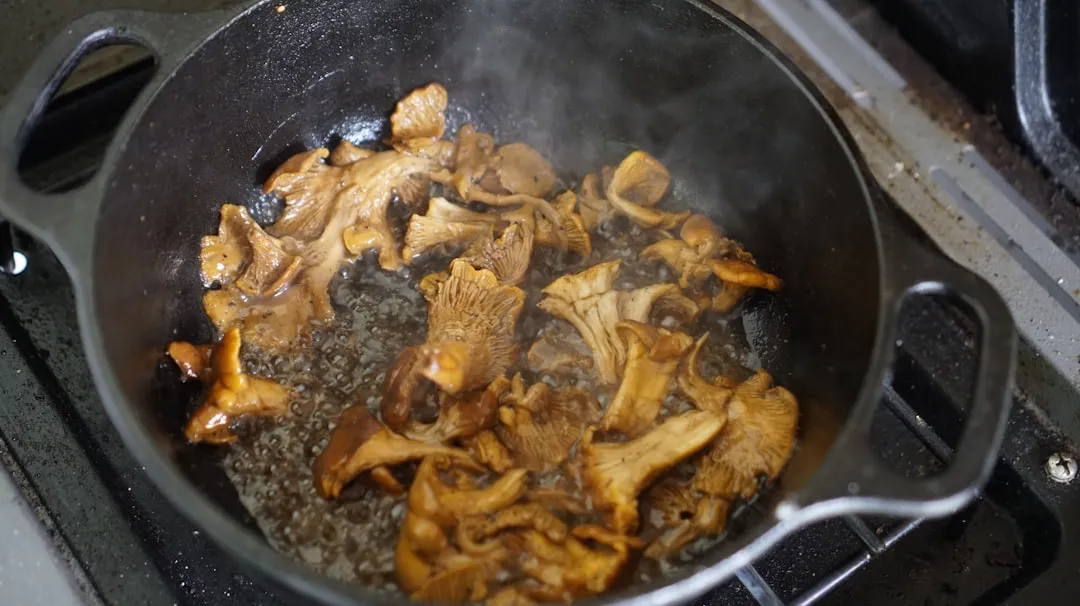
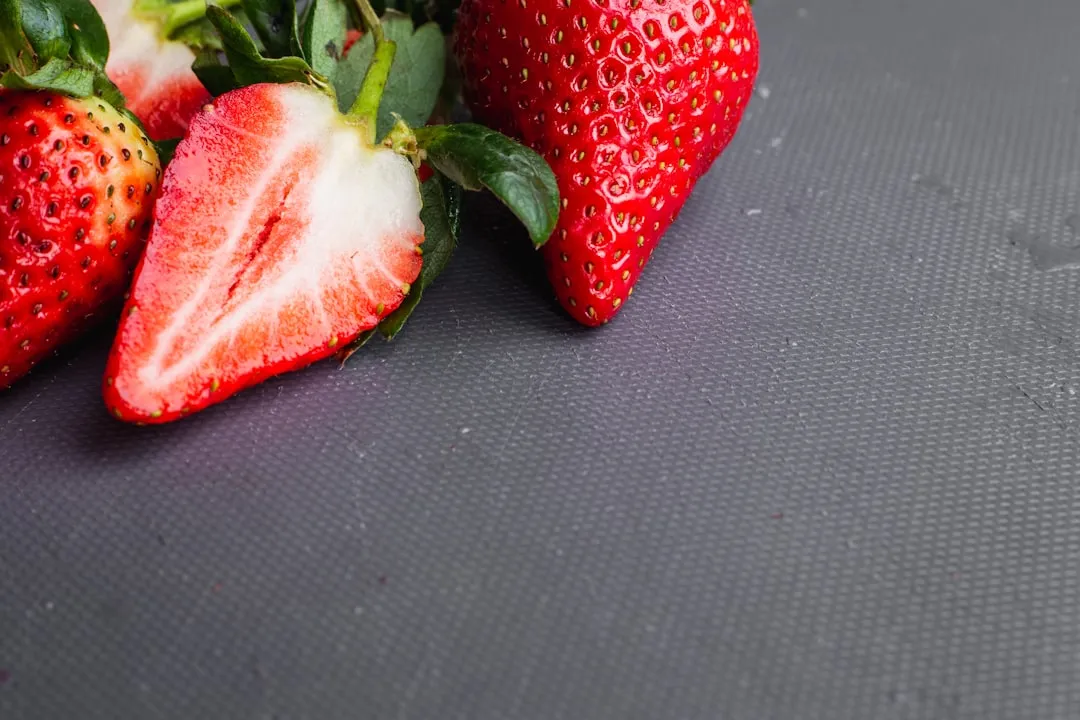
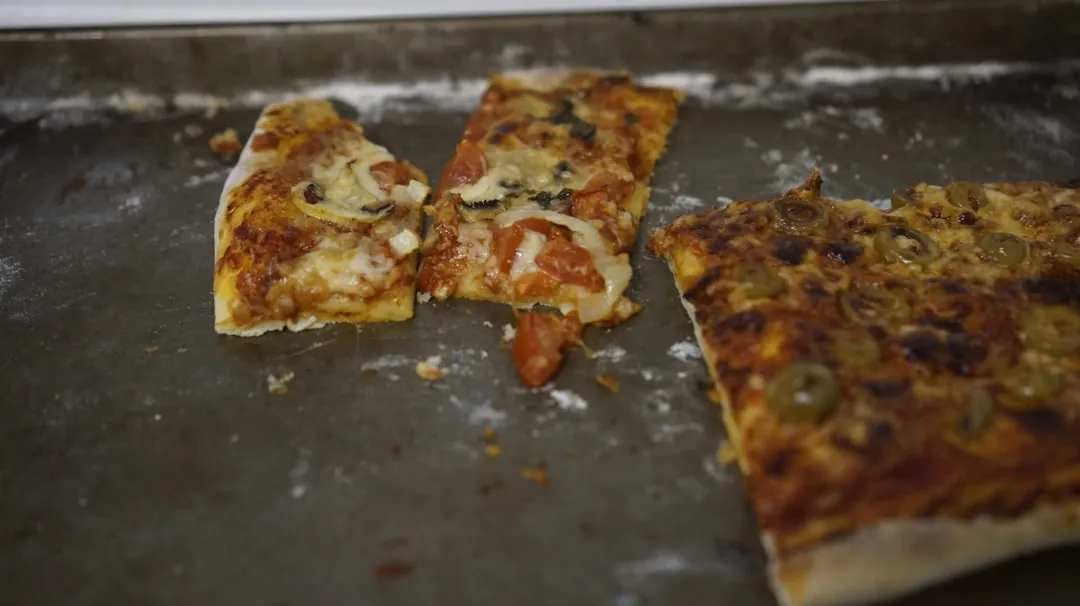


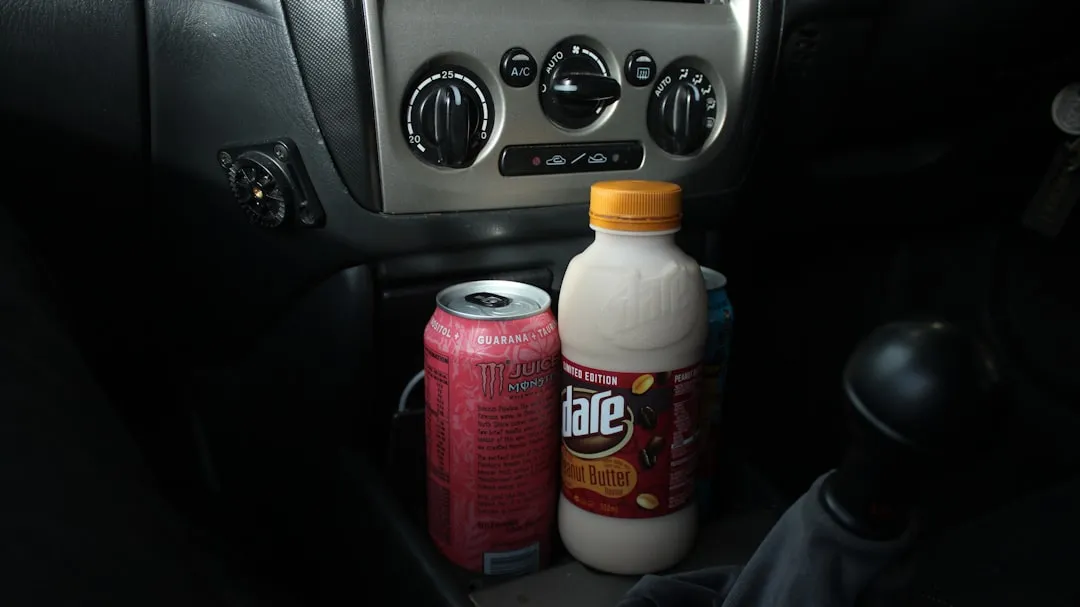
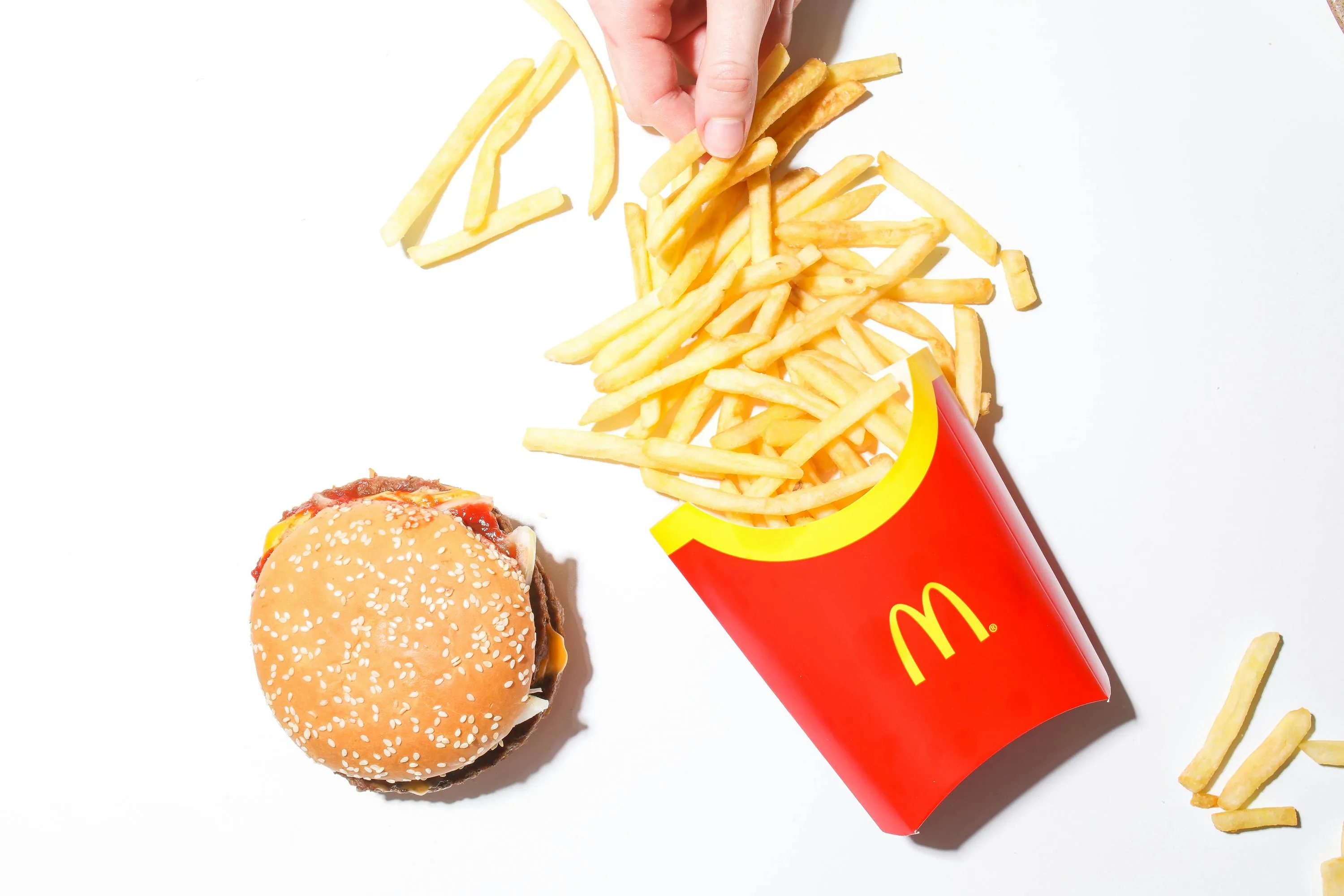
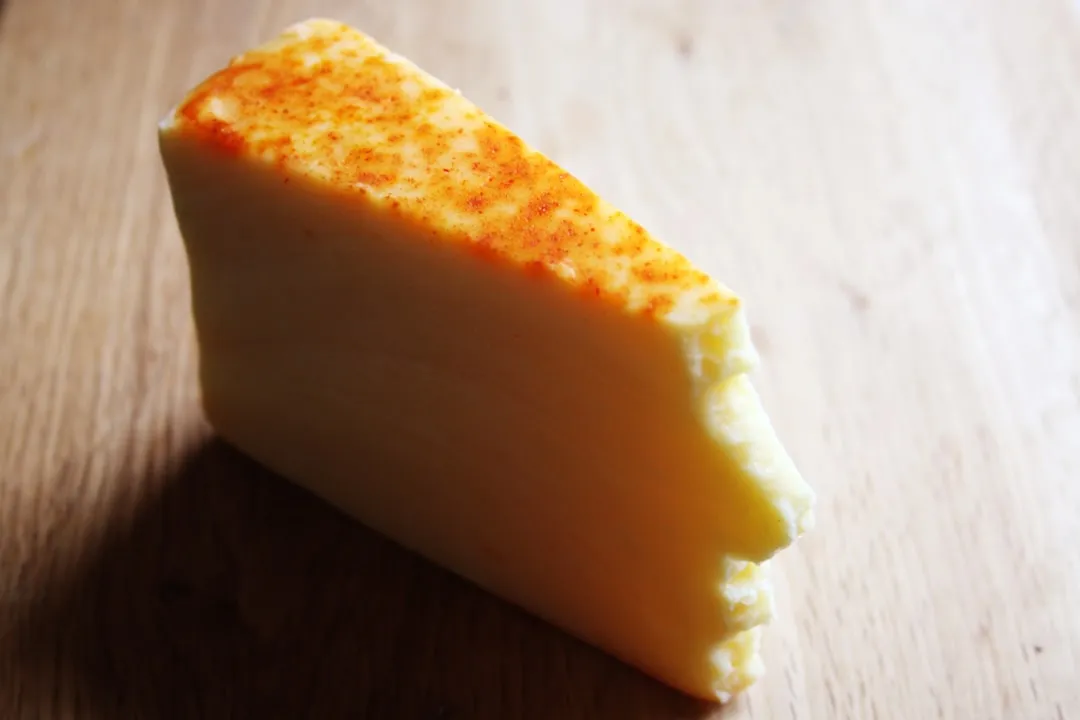
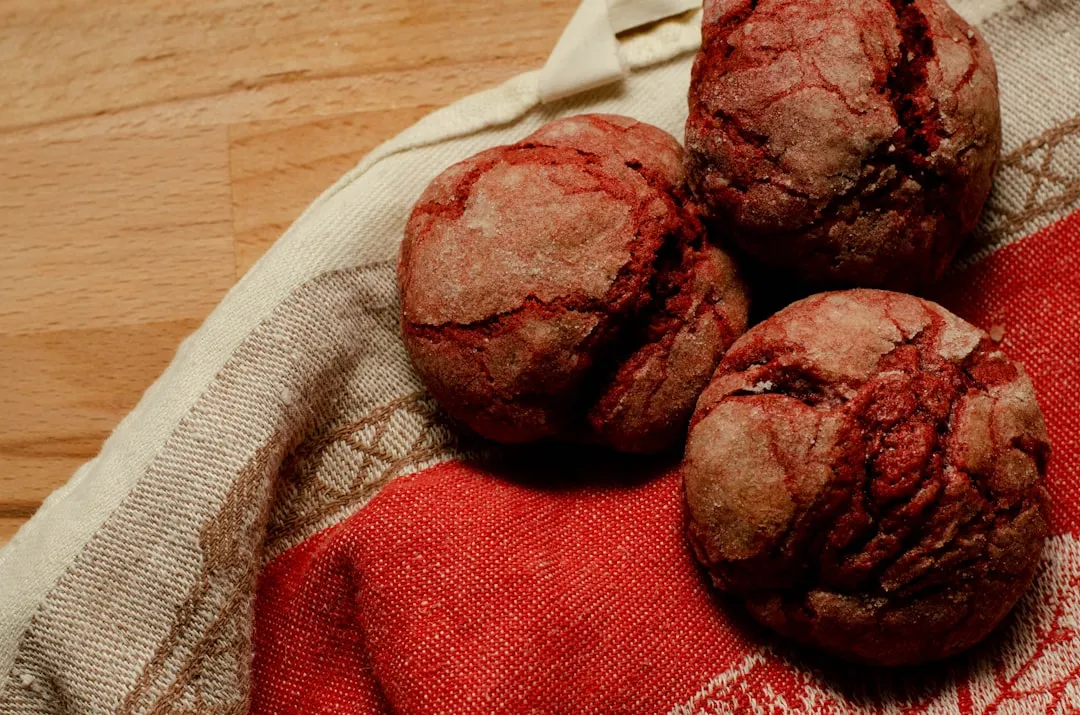
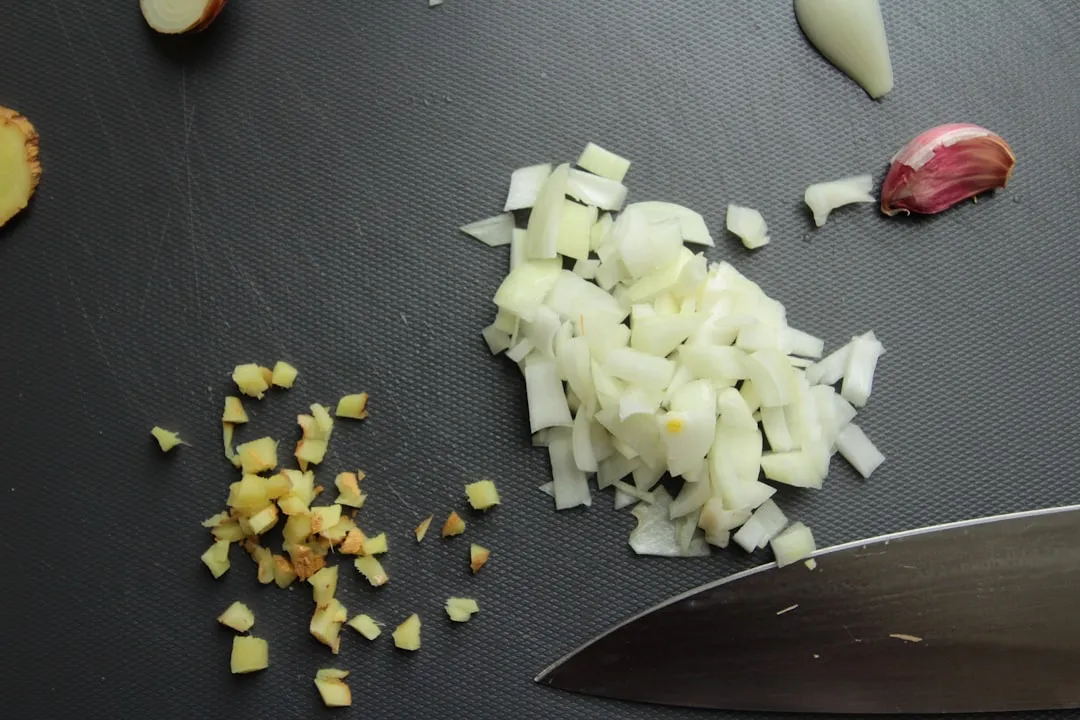
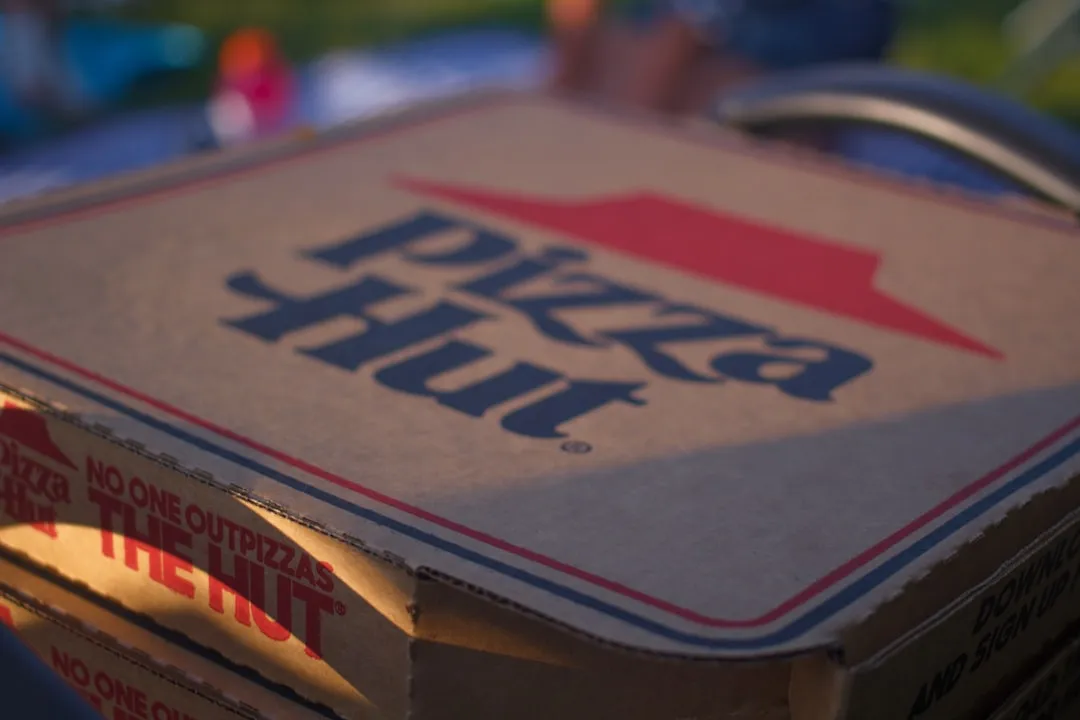
Comments
Be the first, drop a comment!